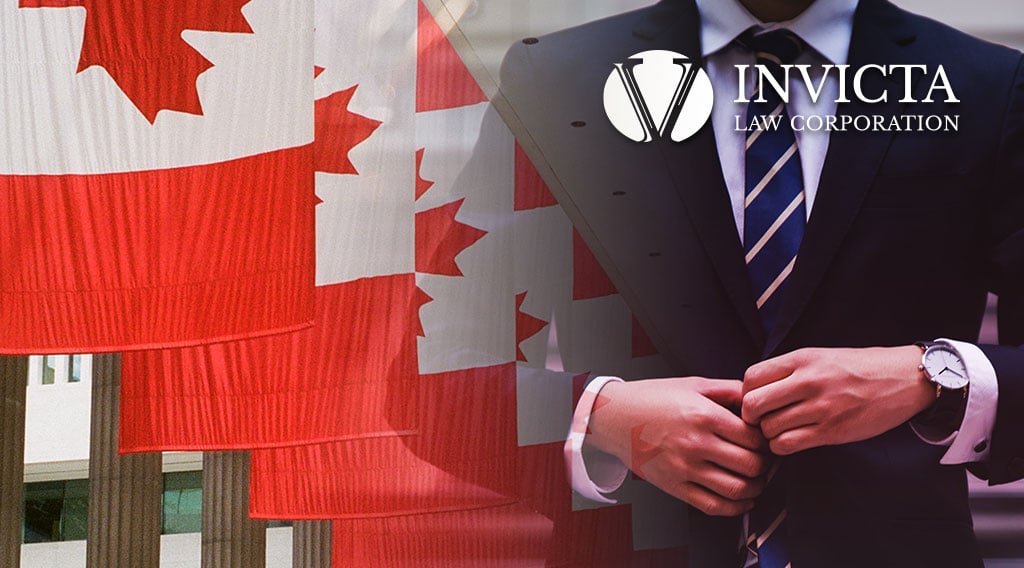When hiring Temporary Foreign Workers (TFWs), employers must adhere to specific compliance requirements outlined in the Labour Market Impact Assessment (LMIA) and the Immigration and Refugee Protection Regulations (IRPR). Understanding your obligations, the inspection process, and potential consequences of non-compliance is essential to ensure a successful partnership with the TFW program.
Your Obligations as an Employer
As an employer of TFWs, you are responsible for:
- Meeting all requirements set out in the LMIA, its decision letter, annexes, and the IRPR.
- Keeping all relevant records for 6 years from the start of employment.
- Informing authorities immediately of any changes or errors related to the LMIA or TFW’s working conditions.
- Voluntarily addressing and reporting any compliance issues.
Reasons for an Inspection
Under the IRPR, inspections can be initiated for several reasons:
- Suspected non-compliance.
- Previous non-compliance.
- Random selection.
- If a TFW was subject to an order under the Emergencies Act or Quarantine Act.
- Discovery of a communicable disease at the worksite.
Authority to Inspect
Inspectors have the authority to review LMIA-related documents, interview employees, and assess working conditions for up to 6 years after a TFW begins employment. Inspections can be announced or unannounced, on-site or virtual, and do not require a warrant, except for private dwellings.
If Your Business is Inspected
During an inspection, you will be informed of:
- The period under review.
- The specific conditions that must be proven.
- The required documentation and attendance for interviews.
On-site visits may include:
- Interviews with employers and employees.
- Review of documents, photographs, and recordings.
- Access to electronic devices.
- Collaboration with other relevant authorities.
What Inspectors Are Looking For
Inspectors verify compliance with the LMIA, IRPR, and employment offer, focusing on 28 specific conditions such as:
- Compliance with federal and provincial employment laws.
- Providing TFWs with the job, wages, and working conditions as promised.
- Ensuring an abuse-free workplace.
- Fulfilling LMIA commitments to hire, train, or develop skills for Canadian citizens or permanent residents.
Results of the Inspection
After an inspection, the results may fall into two categories:
- Satisfactory: No further action is needed.
- Compliance Issues: You’ll receive an initial finding of non-compliance and be asked to provide justification. If accepted, no further action is required. Otherwise, a Notice of Preliminary Finding (NOPF) will be issued.
You have one final opportunity to respond with new information before a Notice of Final Determination (NOFD) is issued. This includes penalties and next steps.
Consequences of Non-Compliance
Penalties for non-compliance vary depending on when the violation occurred:
- Before December 1, 2015: A 2-year ban from the TFW Program, publication of your business details, and potential revocation of LMIAs.
- On or after December 1, 2015: Possible penalties include warnings, fines up to $100,000 per violation, permanent bans, and publication of your business details. Penalties are based on a points system.
Understanding these obligations and potential consequences helps ensure compliance and maintain a successful partnership with the Temporary Foreign Worker Program.
For further assistance and to start your LMIA application, contact us today.





